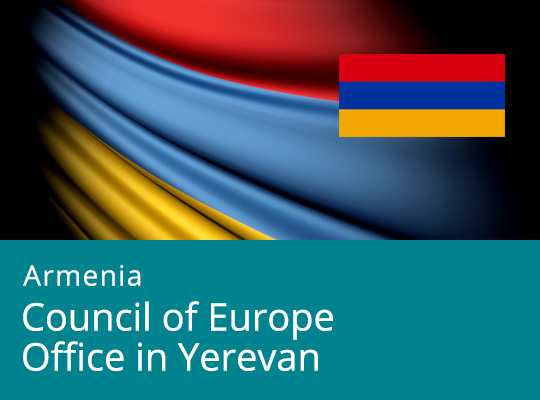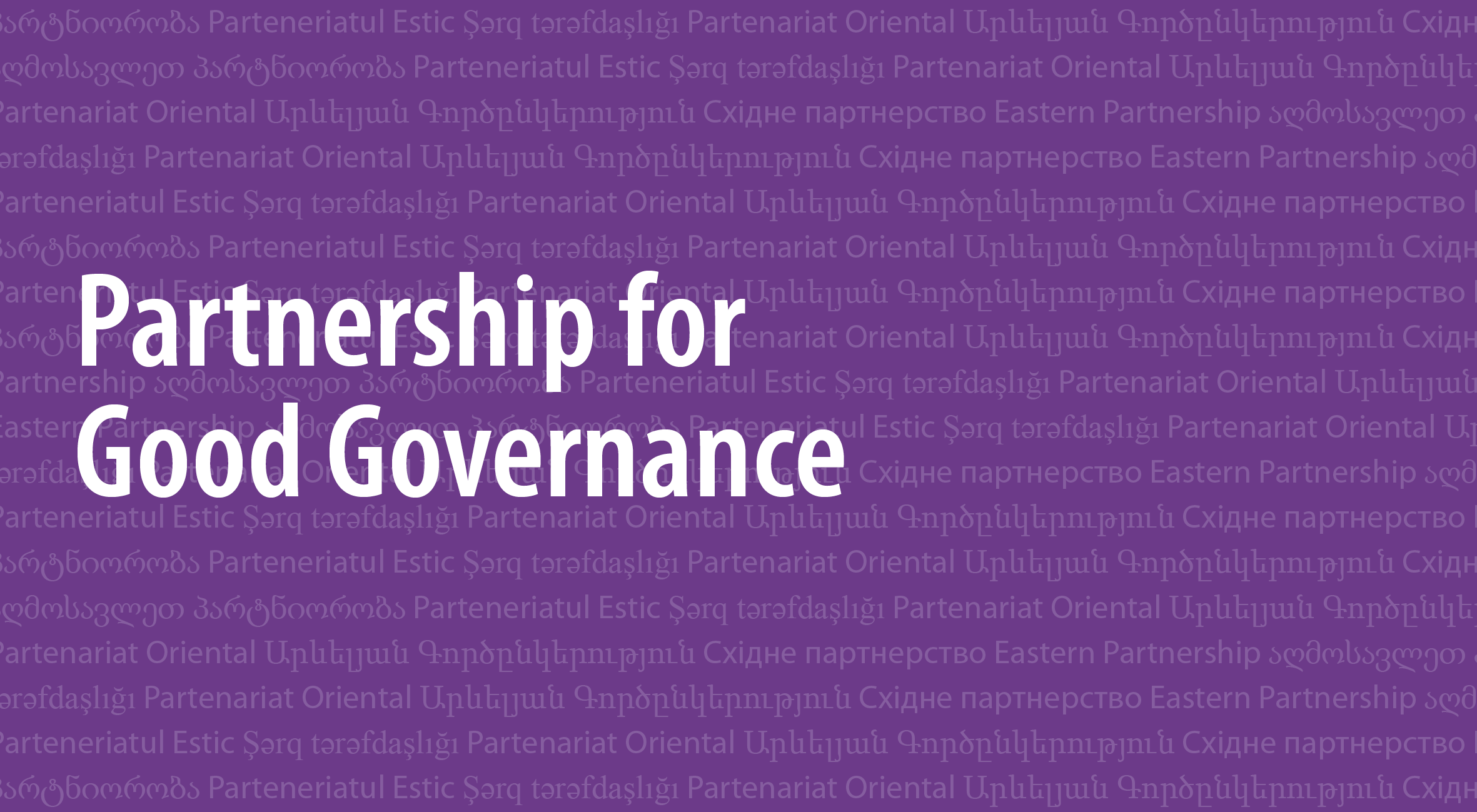HELP in Armenia
Legal professionals, who are at the forefront of the protection of human rights, must know the European human rights standards to apply them effectively. Therefore, they deserve high-quality training, which the Council of Europe HELP Programme provides. Furthermore, HELP online courses can be tailored to the different needs of countries, institutions and professionals. Since 2015, other professionals are increasingly interested in accessing HELP courses such as court staff, prison or probation officers or health practitioners.
The main objective of the Council of Europe Programme on Human Rights Education for Legal Professionals (HELP) is to enhance the capacity of judges, lawyers and prosecutors, in all 46 Council of Europe member states and beyond, to apply the European human rights standards in their daily work. This is done through the HELP online courses that cover a range of human rights topics.
In one sentence: HELP develops and implements online courses on human rights for legal and other (justice) professionals.
The HELP Network is the only European Network of national training institutions for judges, prosecutors and lawyers in the 46 CoE member States (and beyond).
HELP e-learning platform courses (initially developed in English) have the potential to be translated into national languages, adapted to the national legal orders, and tested with selected categories of legal professionals.
The HELP Human Rights Training Methodology is a set of steps and principles under which the HELP Programme develops and implements its courses. It takes into account the heavy time pressure imposed on legal professionals in their daily work.
Development of a model HELP course in English (usually) by an international Working Group, supported and coordinated by the Council of Europe HELP Secretariat.
Translation of the model HELP course in the national language of the target country.
Building the national version of the HELP course, by supplementing the translation of the HELP model course with various legal documents (legislation, case law) on the domestic legal framework on the specific topic.
The HELP courses and Methodology are used in Council of Europe capacity building activities, including within the framework of European Union/Council of Europe Joint Programmes.
According to this Council of Europe Recommendation, member states are recommended, among other things, to:
ensure university education on the system of the European Convention on Human Rights in line with the needs and expectations of the different categories of the public,
enhance the effectiveness of such university education and professional training by ensuring that each category of the public has access to the necessary tools to comply with the obligations stemming from the Convention.
Universities and, in particular, law schools are therefore part of the core mandate of the HELP Programme. Therefore, university students (with a focus on law students) are a natural target audience for HELP’s online courses.
HELP courses can easily and efficiently supplement the educational materials in the law schools’ core curricula. They are increasingly being used by university professors to complement their academic programmes.
Which HELP courses are best adapted for university students?
The diversity of the HELP courses enables their use in universities depending on the level of knowledge or topical interest of the students.
For example, Bachelor students can take some of the more basic HELP courses, such as the course on Introduction to the European Convention on Human Rights and the European Court of Human Rights. The more specialised courses (e.g. Data Protection and Privacy Rights, Violence Against Women, Refugee and Migrant Children etc.) can be offered to more advanced students, including Master and PhD students.
I am a university teacher. How can I benefit from HELP and its courses?
I can encourage my students to use HELP online courses for self-study.
I can use a HELP course as part of or complement to the subject I teach. I can also contact the HELP Secretariat through the online contact form to open a virtual ‘classroom’ in the HELP online platform for my group of students. In case my University has its own e-learning platform, the HELP Secretariat can also transfer a HELP course to my University’s platform.
Other ad-hoc arrangements are also possible (e.g. cross–border or cross-professional groups).






